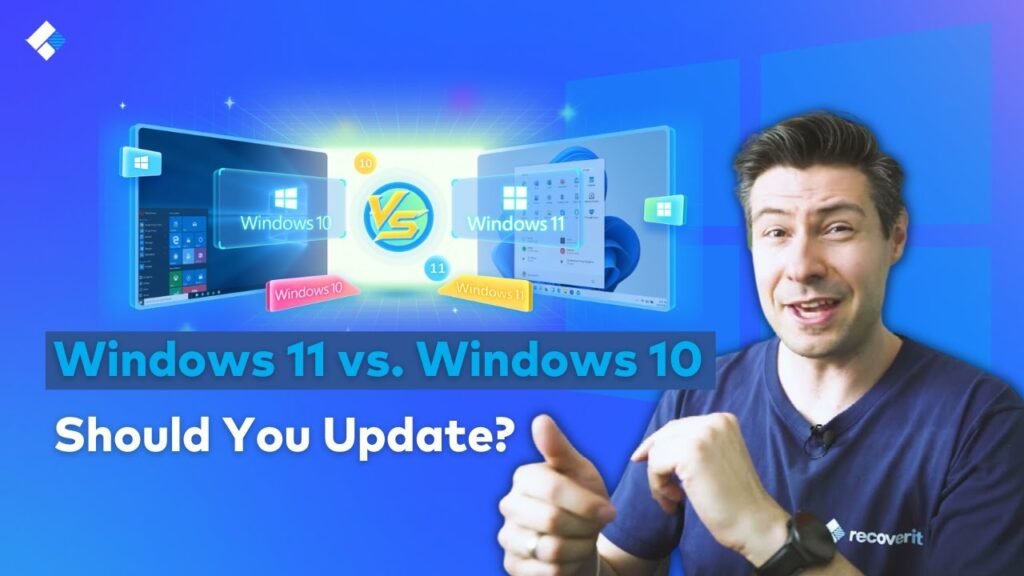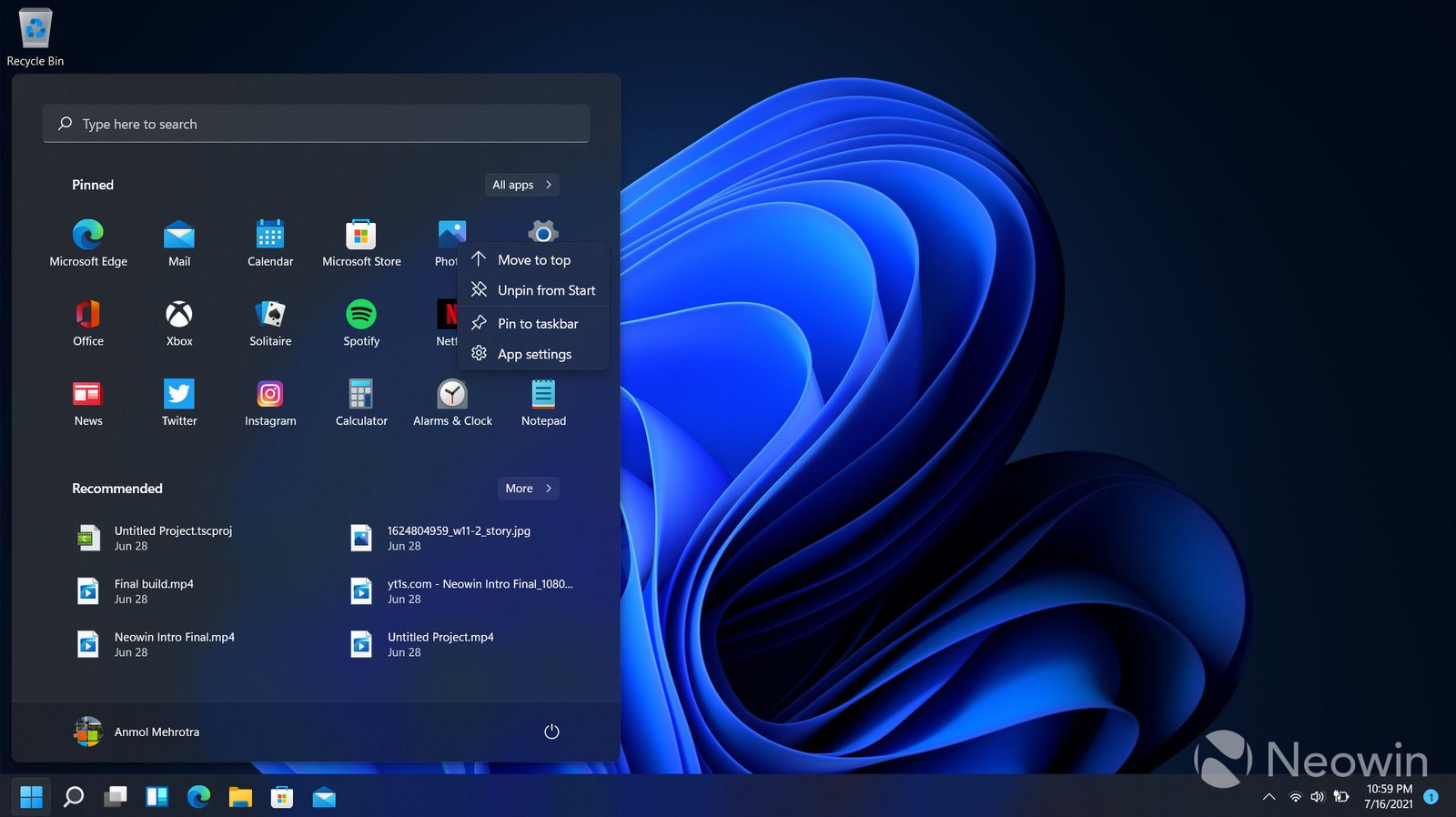With the release of Windows 11, many users are questioning whether it’s worth upgrading from Windows 10. Both operating systems offer robust features, but Windows 11 introduces new enhancements and a refreshed design. In this article, we’ll compare the two and help you decide whether the upgrade is right for you.
User Interface and Design
Windows 11 offers a more modern and polished design compared to Windows 10. The Start Menu is now centered, and the taskbar has a sleeker look. Rounded corners, new icons, and improved animations give Windows 11 a fresh appearance. In contrast, Windows 10 retains a more traditional and familiar layout. If aesthetics matter, Windows 11 might appeal to you.
Performance and Gaming
Windows 11 promises improved performance, especially in gaming. Features like DirectStorage and Auto HDR enhance gaming experiences by reducing load times and improving visuals. Windows 10, while still capable, lacks these advanced features. If gaming is a priority, Windows 11 could offer noticeable benefits.
Multitasking and Productivity
Both Windows 10 and Windows 11 support multitasking, but Windows 11 takes it a step further with Snap Layouts and Snap Groups. These tools make organizing and switching between tasks easier. Virtual Desktops are also more customizable in Windows 11, allowing better organization of workspaces. For users who rely on multitasking, Windows 11 may offer an edge.
Compatibility and App Support
Windows 10 has been around for several years, meaning most software and hardware are optimized for it. Windows 11 introduces support for Android apps via the Microsoft Store, which could be a significant advantage for some users. However, some older devices may not meet Windows 11’s system requirements. If you rely on legacy software or hardware, staying with Windows 10 might be a safer option.
Security Enhancements
Windows 11 includes several security upgrades, including more robust encryption and hardware-based security features like TPM 2.0. Windows 10 also offers strong security but lacks some of the more advanced protections found in Windows 11. For users concerned about security, the upgrade might provide additional peace of mind.
Microsoft Teams Integration
Microsoft Teams is integrated directly into Windows 11, making it easier to connect with colleagues and friends. While you can still use Teams on Windows 10, the integration is more seamless in Windows 11. If you use Teams regularly, this could be a valuable feature.
System Requirements and Compatibility
Windows 11 has stricter system requirements than Windows 10. Features like TPM 2.0 and Secure Boot are mandatory for installation. Many older PCs may not be eligible for the upgrade. Windows 10, on the other hand, is compatible with a broader range of hardware. If your device is older, you may need to stick with Windows 10 or consider upgrading your hardware.

Conclusion
Deciding whether to upgrade to Windows 11 depends on your needs and your device’s capabilities. Windows 11 offers a modern design, improved performance, and new features that might appeal to many users. However, Windows 10 remains a solid and reliable option, especially for those with older hardware or specific software needs. Evaluate your priorities and system requirements to determine if upgrading to Windows 11 is the right choice for you.











